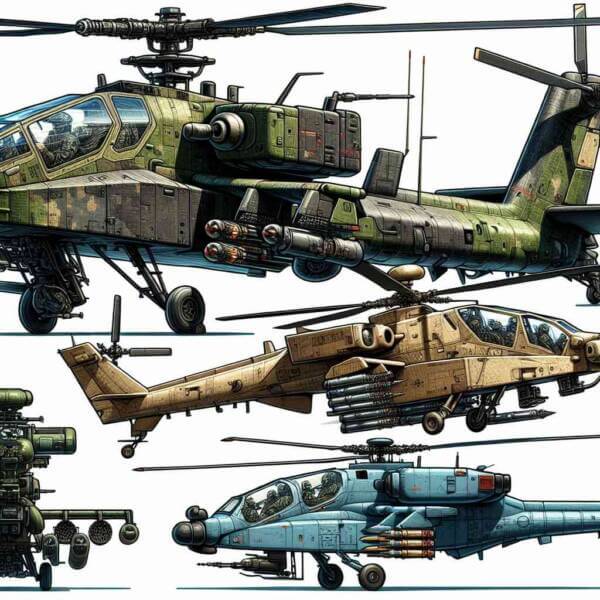The Critical Role of Air Forces Worldwide
The Critical Role of Air Forces Worldwide
Blog Article

The use of aircraft in military operations transforms battlefield tactics.
Nations invest heavily in military aviation to maintain superiority.
The Evolution of Military Aviation
As technology advanced, airplanes were adapted for offensive operations, changing the nature of warfare forever.
Major milestones in military aviation history include:
- Development of air combat tactics
- World War II advancements
- The Cold War era
- Rise of unmanned aerial vehicles (UAVs)
Each era brought more powerful aircraft that expanded aerial warfare.
Different Roles of Military Planes
Military aviation includes a variety of aircraft, each designed for specific missions.
Common categories of military aircraft are:
- Fighter jets
- Bombers
- Transport aircraft
- Eyes in the sky for modern armies
Each type plays a key part in military operations, from supporting ground forces.
The Strategic Value of Military Aviation
Air superiority is essential for achieving military success.
Strategic advantages of air dominance:
- Providing close air support
- Cutting off enemy resources
- Surveillance and reconnaissance missions
- Boosting morale
Nations with strong military aviation capabilities can defend their interests more effectively.
Technological Innovations in Military Aviation
Constant research and development push boundaries for future warfare.
Future technologies in military aviation:
- Stealth technology
- Ultra-fast strike capabilities
- Autonomous drones
- Laser and electromagnetic systems
These advancements increase survivability for air forces worldwide.
Obstacles Facing the Industry
visit this website From high costs to geopolitical tensions, the road to air dominance is filled with hurdles.
Pressing issues in military aviation:
- Rising development and maintenance costs
- Need for constant upgrades
- Securing digital communications and data
- Questions about accountability and control
Addressing these challenges is necessary for effective defense strategies.
Future of Military Aviation
Nations will continue investing in space-based systems to maintain strategic advantages.
Likely developments:
- Greater integration of artificial intelligence
- Military satellites and space-based weapons
- Reducing environmental impacts of defense operations
- Collaborations across allied air forces
The next era of military aviation will redefine defense.
Final Thoughts on Military Aviation
Its history, present achievements, and future possibilities demonstrate strategic importance.
As technology continues to evolve, the skies will remain a critical arena where military aviation protects nations.
The future of military aviation is full of potential — and it’s only just beginning. Report this page